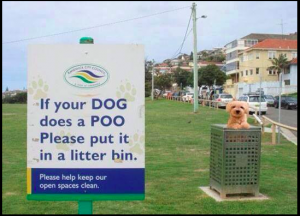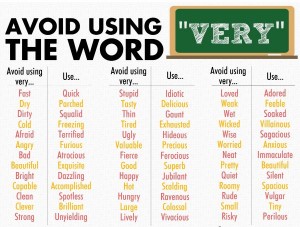An editor’s tip for effectively editing your own work
by admin | 0 Comments
We all want to present our best work whenever we present that work to an audience, not matter what that work is. If it is the written word, we want it to be free from errors, e.g., grammatical errors, misspellings, and typographical errors. Quite honestly, no one is a good editor of their own writing. When we read our own writing, everyone has a tendency to read over the small errors that are present in the writing. According to “What’s Up with That: Why it’s so Hard to Catch Your own Errors” by Nick Stockton in Science from 8/12/14, it is easier for us to miss the information errors since we already know the meaning that we expect to be present in the text; i.e., the two versions (i.e., the version in your head versus the one on the paper) are competing. Therefore, the best editor of your work is another person. They will be able to look at your work with a fresh and more critical eye.
However, if you cannot have another person edit your work for some reason, the next best plan is to read your own work aloud. This forces you to slow down and process the text differently than you do when you read the work silently. You will catch typos and misspellings more easily. You will also have a tendency to trip over sentences that are not written smoothly. This activity will help you identify areas that need attention.
Of course, our editors at EditMyEnglish are always waiting to help you edit your text so that you can present a prefected, polished document. Visit our site to start a new project today!
Posted under : Uncategorized,Writing Tips

